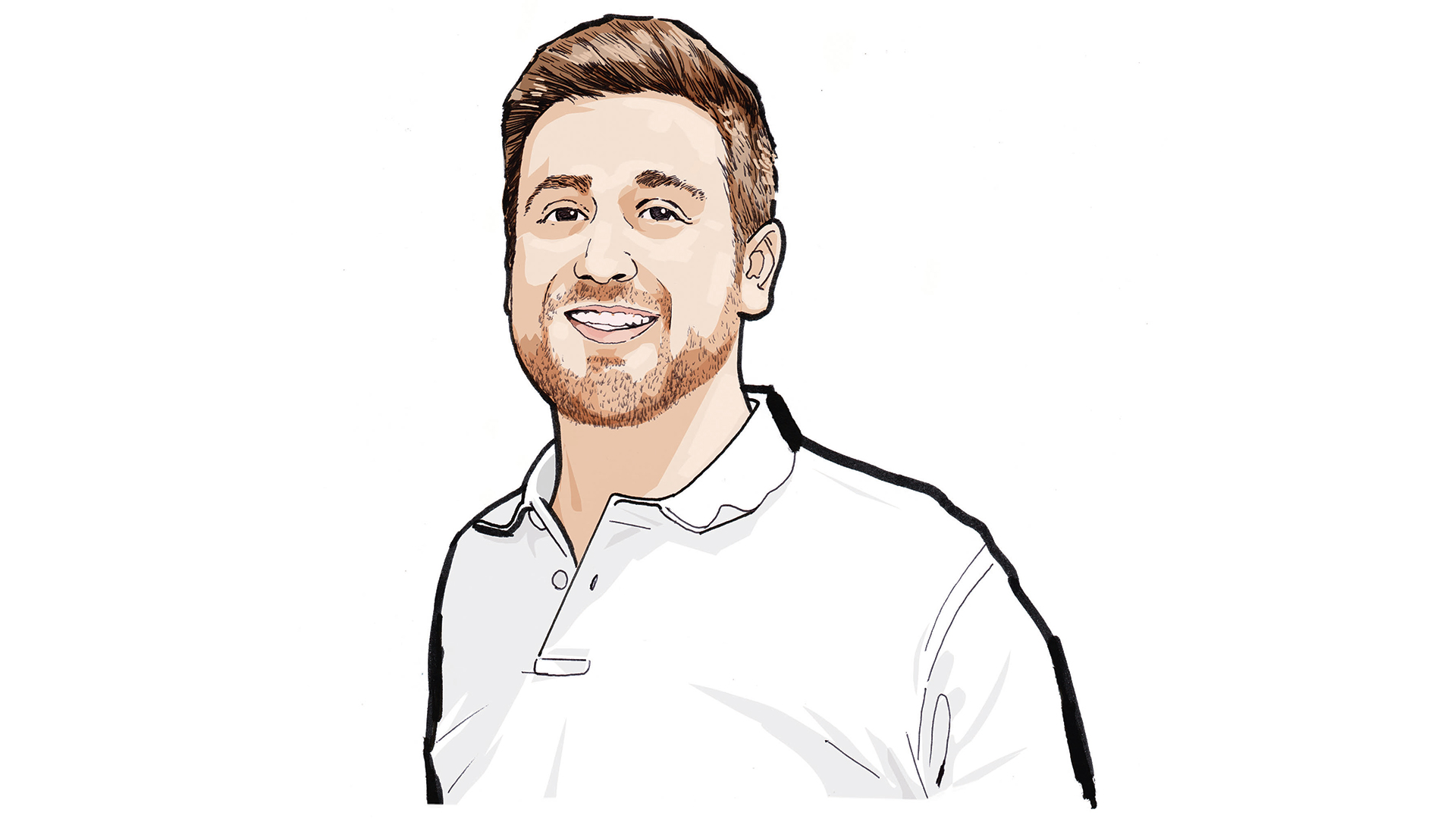He set up Bright Futures with Holt as his business partner. It took around six months for them to get the charity off the ground; that meant adhering to safeguarding policies, getting in line with regulations and navigating just-arrived GDPR. Pelled was finishing his degree at the same time.
Bright Futures offers three programmes which “revolve and evolve” around mentoring, tutoring and workshops for people aged five to 24. The mentorship on offer ranges from one-to-one sessions, buddy programmes and professional mentoring to help someone keep working towards their goals despite medical issues.
With the right support and a bit of nurturing, she’s transformed
“Getting a tutor is expensive,” Pelled says, explaining the Bright Futures tutoring programme. “If you’ve got a kid who’s out of education full time, a tutor to compensate for all that is unaffordable for everyone except the wealthy, meaning medical issues hit already disadvantaged families harder.”
The charity’s flagship programme is its workshops. The Bright Futures volunteers run sessions out of play areas and ward common rooms.
“It’s everything from CV writing to knitting to slime-making to careers advice,” Pelled says. Anything that teaches a young person a skill, or even just lets them have a bit of fun, while providing them with social skills and a comfortable space away from the discomfort of their treatment.”
Pelled first approached the University College London Hospitals NHS Foundation, which had been responsible for his own treatment as a child. They agreed to trial his programmes; within weeks they asked to set up a partnership agreement and make Bright Futures a full-time fixture.
Since then the charity, with a team of just five and dozens of volunteers, has been approached by every hospital in London and supported more than 800 young people.
Pelled remembers a young girl, now 16, that his charity started working with about a year ago. Doctors found a tumour behind her eye; she couldn’t see properly and suffered terrible headaches. Plummeting school attendance meant she was threatened with expulsion despite having medical documents. Eventually she had surgery, but this meant months out of classes.
“We started providing an English tutor for her while she recovered and made sure all the materials were in big print so she could read it,” Pelled says. “Her grades started to go up and we could see real progress. She was developing confidence, she was seeing friends more.
“We decided to try her out with similar support in science subjects and she excelled just as much. Recently she had her exams and she was getting the highest grades possible.
“She had that in her all along, but her circumstances made it difficult. With the right support and a bit of nurturing, she’s transformed.”
Fundraising remains the charity’s biggest challenge, says the founder, and Bright Futures’ in particular must strike a fine balance – it is the only charity providing such a service, but standing out from the crowd of thousands of UK organisations is tricky.
Pelled has plans to expand beyond London and become the national charity for the issue. Young people with health problems have a range of needs beyond treatment, Pelled says, and Bright Futures “will keep hammering that home for as long as they have to”.





